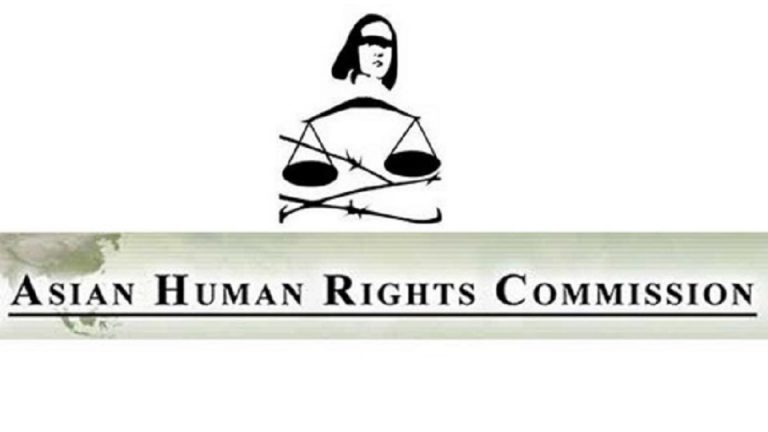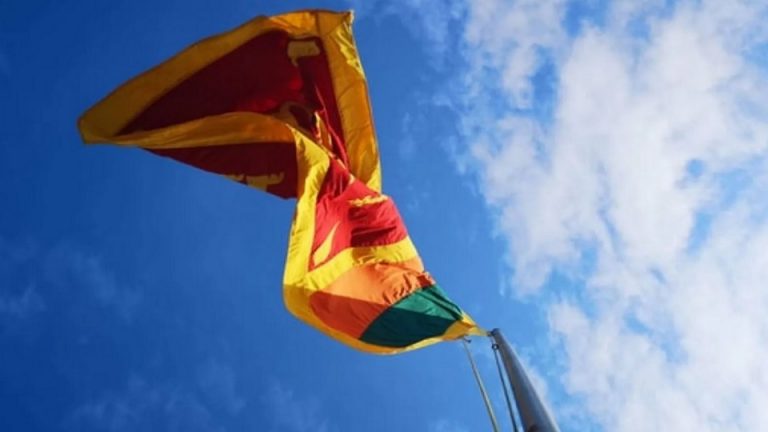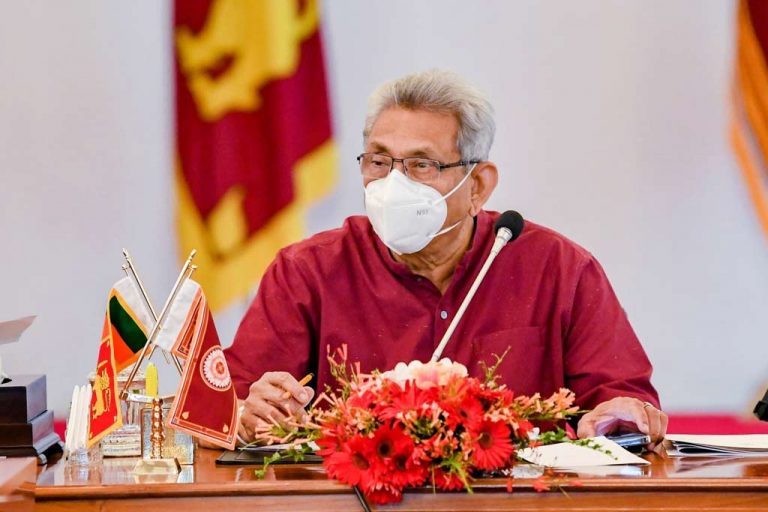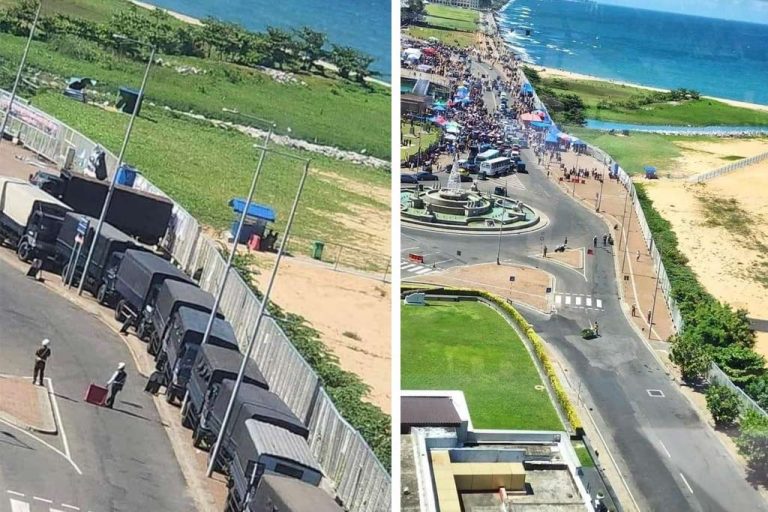Can Sri Lanka rise from its constitutional limbo? When Mr. Nandalal Weerasinghe accepted to take over as the Head of the Central Bank, in one of his early statements, he said that he would be able to do the expected job if there is no interference from outside. The demand for non-interference is today one of the key issues that is being demanded in terms of restoring public life and getting the public institutions to work in the interest of the nation.
However, the issue of non-interference from outside is alien to the kind of constitutional setting that Sri Lanka has. The 1978 Constitution was made with the design that the Executive President could and should interfere into everything and that he should be the king over all public institutions. The popular name that is given to this interference is called “politicization”. Politicization simply means that the Executive President or his/her agents could interfere into the working of any of the public institutions, directly or indirectly.
A rule written into the workings of rule of law based institutions is that every institution should work according to the legal mandates given to such institutions and that the individuals who carry out these mandates should also obey the legal rules above anything else. Implied in this doctrine is that nothing other than legally valid considerations should weigh on anybody who exercises functions within the State. This applies both to the institutions as well as to the individuals who perform the duties.
The popular conversation today, involving many persons like various kinds of experts as well as media personnel and other opinion makers, is around the manner in which Sri Lanka could emerge out of the present political limbo. It looks like a completely paradoxical situation, where, on the one hand, the popular demand is for the resignation of the Executive President and the response to that by the Government is one of complete refusal. On the other hand, there is a demand that while the Executive President remains with all his powers given under the Constitution, there should be a kind of an interim Government composed of persons from all of the political parties and even including experts who have credibility in the country. However, this situation, from the point of view of the exercise of power as envisaged within the 1978 Constitution creates almost an impossible situation to achieve. However credible, well intentioned and committed the persons appointed as the interim Government, they have to work within a power arrangement which is determined by the Constitution. The Constitution makes the Executive President the ultimate source of power in dealing with any matter or with anyone. So long as the President and the interim Government do not agree on any matter, the ultimate capacity to annul any action is in the hands of the President. Whatever he does in terms of that, will be constitutionally valid.
Thus, there is as a core, a constitutional deadlock. If an interim Government or any other arrangement is made within that constitutional deadlock, there is no ground to believe that any such arrangement could practically work.
Thus, the central issue of the constitutional debate should be to resolve this deadlock. The Executive President, by remaining in power under these circumstances, has become, the grave obstacle to resolving these problems of how to govern the country. If the country needs to be governed with a framework of governance that will be, first of all, acceptable to the people and also international organizations with which the ultimate solution to these problems also lies, this means that the constitutional issue needs to be resolved.
Leaving apart any considerations about the individual who holds the Executive President’s position, the issue now is an objective: How to continue to govern the country when the existing Presidency in terms of the constitutional framework, has become the main obstacle for running a rational form of governance? This problem cannot simply be ignored.
Many arguments can be made by anyone but all the arguments will be of a circular nature. Going round this whole issue of establishing a rationally functioning Government with a constitutional framework which is totally irrational – this is not merely a problem of an individual but an inherent problem which has been there within the 1978 Constitution from its initiation. Now that from an economic, social and cultural point of view, the country has reached the very bottom, this contradiction needs somehow to be resolved. There is no other way to resolve it in the immediate future with a quick possibility of finding a solution other than the President himself taking the initiative to end this deadlock and thereby allowing the system of governance to run in a manner that is acceptable to the people and also to the international community.
Even otherwise, the major problems that need to be addressed to resolve the present crisis are those that the present Executive President will oppose. First of these is the ending of corruption. The ending of corruption requires a considerable capacity for the law enforcement to function without any interference. The law enforcement collapsed under the 1978 Constitution because of the inference into the law enforcement agencies which are today being paralyzed in order to just keep law and order.
Thus, the central issue is as the present Central Bank Chief has seen, is how to ensure that public institutions function without interference. This is not possible so long as measures are taken to ensure that the Executive President no longer has that capacity of interference into all affairs. Thus, everything depends on a sober, well considered, thoughtful and responsible decision on the part of the Executive President to end this deadlock.
Asian Human Rights Commission


















